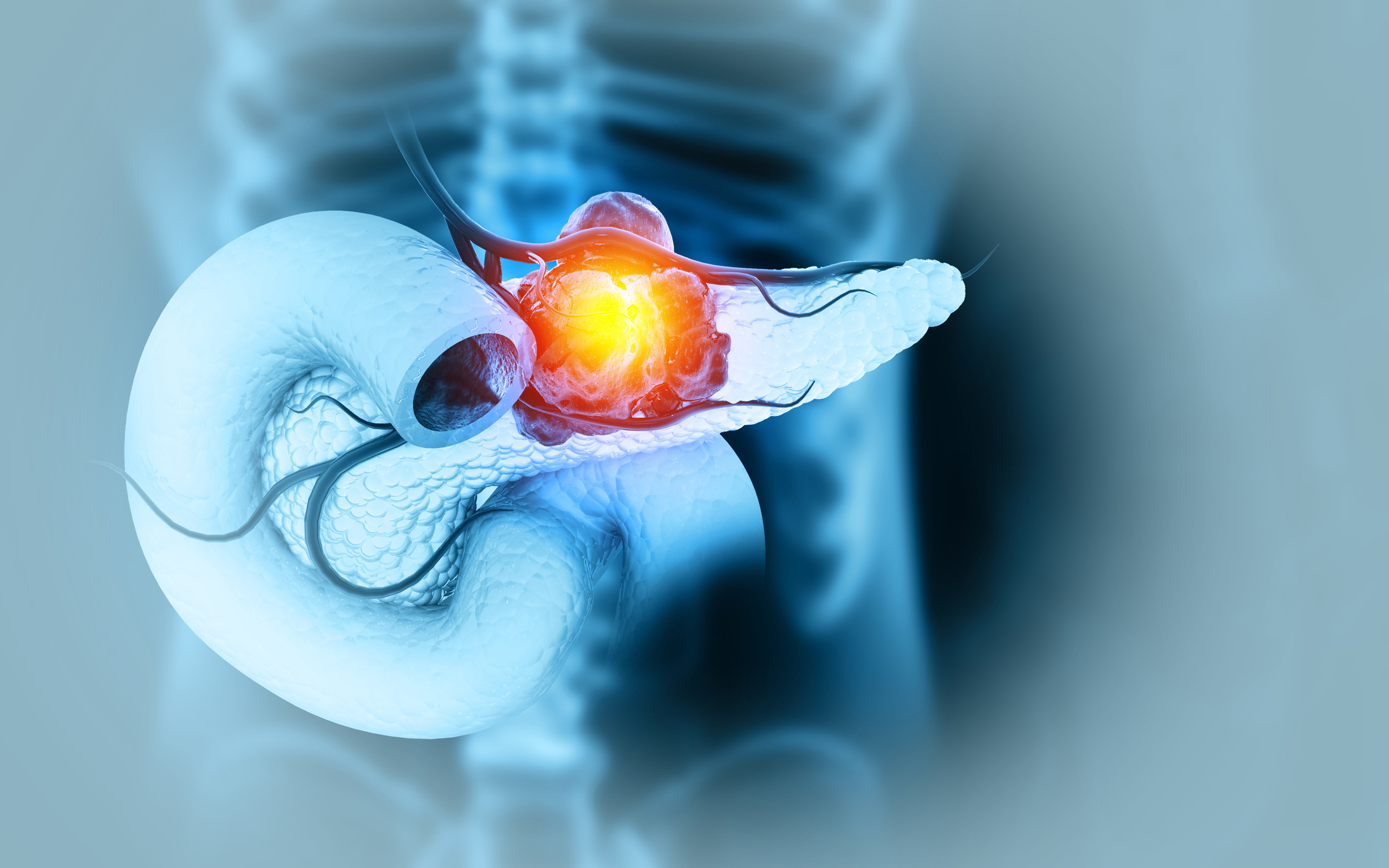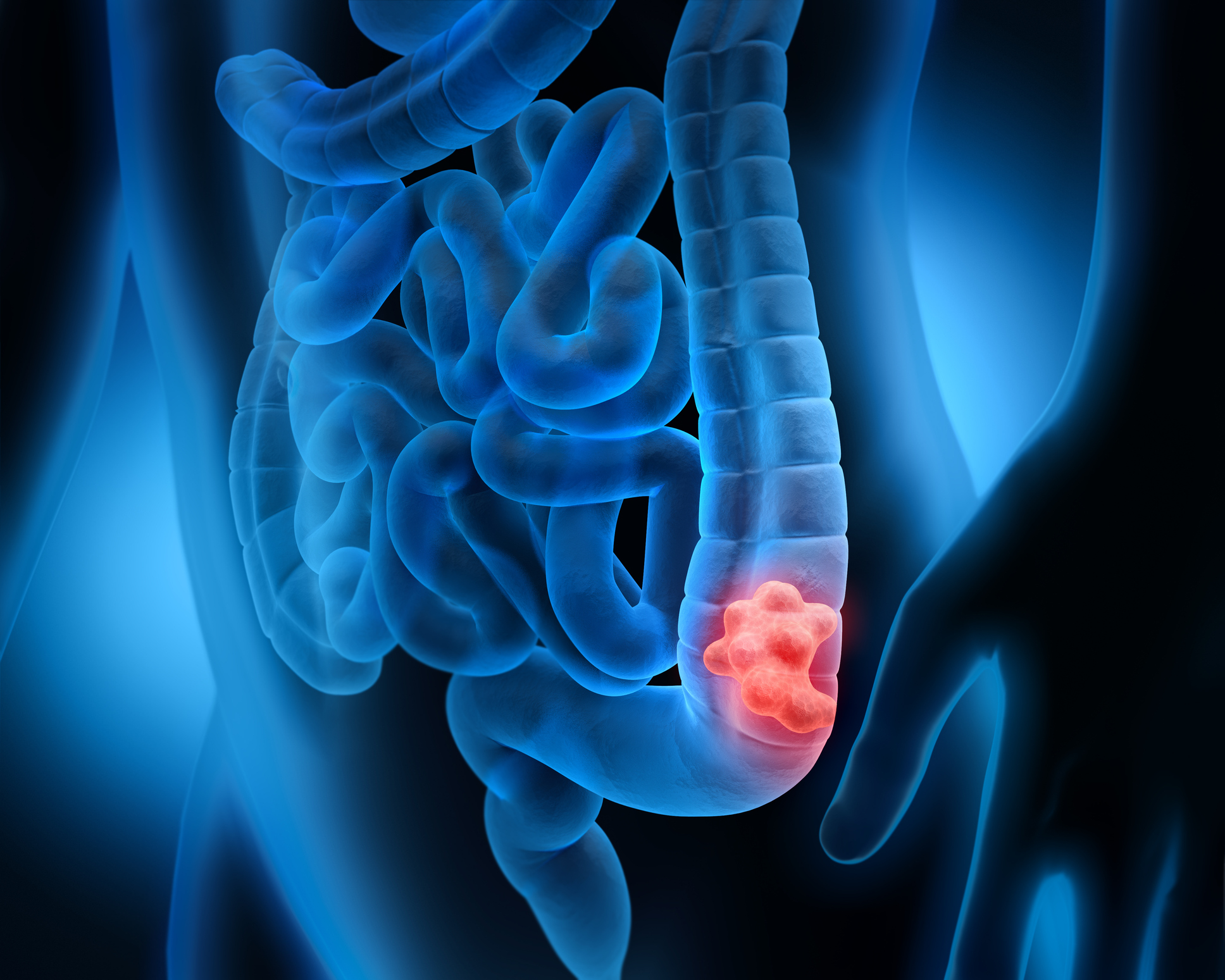New experimental vaccine shows efficacy against pancreatic and colorectal cancer in clinical trials

An experimental vaccine called ELI-002 2P has shown positive results in the treatment of pancreatic cancer and colorectal cancer with KRAS gene mutations, according to a Phase 1 clinical trial led by the University of California, Los Angeles (UCLA) and developed by the Boston-based biotechnology company Elicio Therapeutics.
KRAS mutations are present in between 20 and 25 percent of tumors, with a high incidence in colorectal cancer (50%) and pancreatic ductal adenocarcinoma (93%). Despite curative-intent treatments, relapses remain common, especially in resectable pancreatic ductal adenocarcinoma.

ELI-002 2P demonstrated efficacy against KRAS-mutated pancreatic and colorectal cancer. Photo: iStock
The results, published in the scientific journal Nature Medicine, show that the vaccine targets lymph nodes and specifically attacks the G12D and G12R mutations in the KRAS gene. The drug was able to induce potent and long-lasting immune responses , with the potential to prevent or delay tumor recurrence.
Specialists from UCLA, MD Anderson Cancer Center, and Memorial Sloan Kettering Cancer Center, among other institutions, participated in the study. The study included 25 patients: 20 with pancreatic cancer and 5 with colon cancer, all with mild residual disease after surgery.
Treatment regimen The trial included a primary vaccination series with six subcutaneous doses of ELI-002 2P administered over eight weeks, followed by a three-month observation period without treatment.
A booster series of four weekly doses was subsequently administered. Follow-up extended up to two years after the first dose to assess safety and efficacy.
Preliminary results With a median follow-up of 8.5 months, the treatment achieved KRAS-targeted T cell responses in 21 of the 25 patients, equivalent to 84%.
At a longer follow-up of 19.7 months, 71% of participants developed CD4+ and CD8+ subsets, maintaining sustained immunogenicity. In patients with the highest immune response, the median relapse-free survival was not reached , indicating that many remained cancer-free.

The Phase 1 clinical trial was led by UCLA and published in Nature Medicine. Photo: iStock
The study revealed that 67% of patients developed immunity to other tumor mutations, suggesting a potential broader antitumor effect than initially anticipated.
Taken together, the data support that ELI-002 2P can generate a robust and prolonged immune response , capable of delaying tumor recurrence.
“Attacking KRAS has long been considered one of the most difficult challenges in cancer therapy,” said Zev Wainberg, professor of medicine at the UCLA School of Medicine and first author of the study.
The specialist explained that the results show that the vaccine can train the immune system to safely and effectively recognize and combat mutations that promote cancer development.
Next steps in the investigation The study's authors emphasize that these findings need to be confirmed in a larger and more diverse group of patients. A Phase 2 clinical trial is currently underway to further investigate the treatment's efficacy and safety.
According to researchers, the vaccine could represent a significant advance in the treatment of tumors with KRAS mutations, helping to prolong survival and delay disease recurrence.
More news in EL TIEMPO *This content was rewritten with the assistance of artificial intelligence, based on information from Europa Press, and reviewed by the journalist and an editor.
eltiempo




